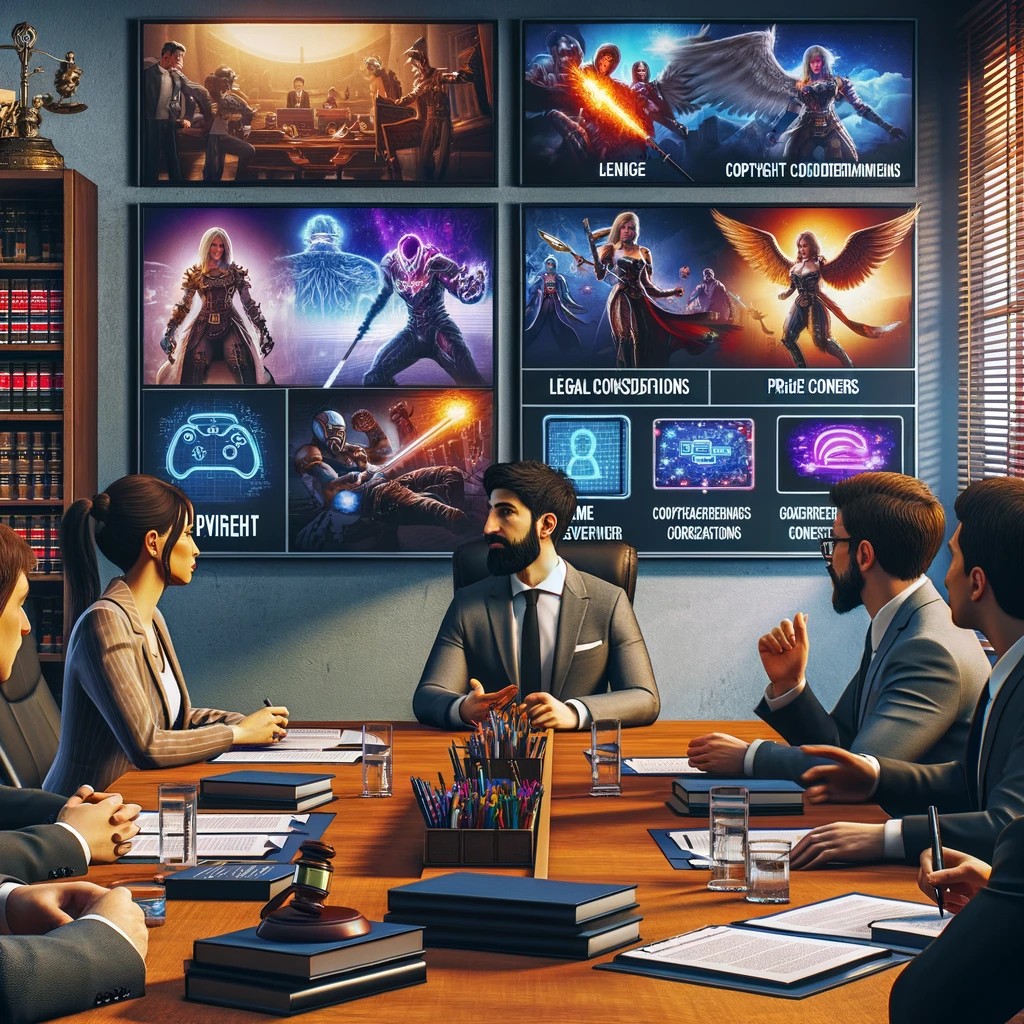Regulations and Censorship in Television Law
Television, a powerful medium with broad reach, is subject to varying degrees of regulation and censorship globally. These controls aim to balance freedom of expression with societal concerns such as protecting children, maintaining public order, and upholding cultural values. Our firm, specializing in media and communications law, offers this analysis of the complexities of television regulation and censorship. (more…)

